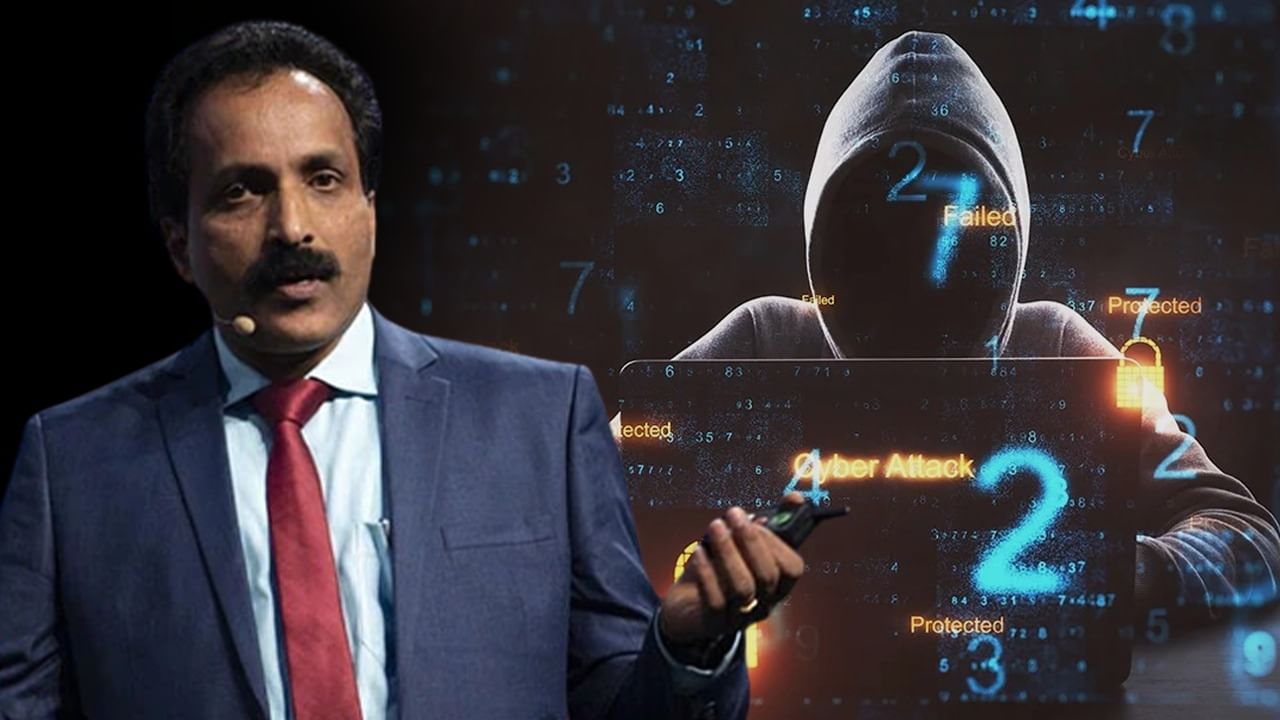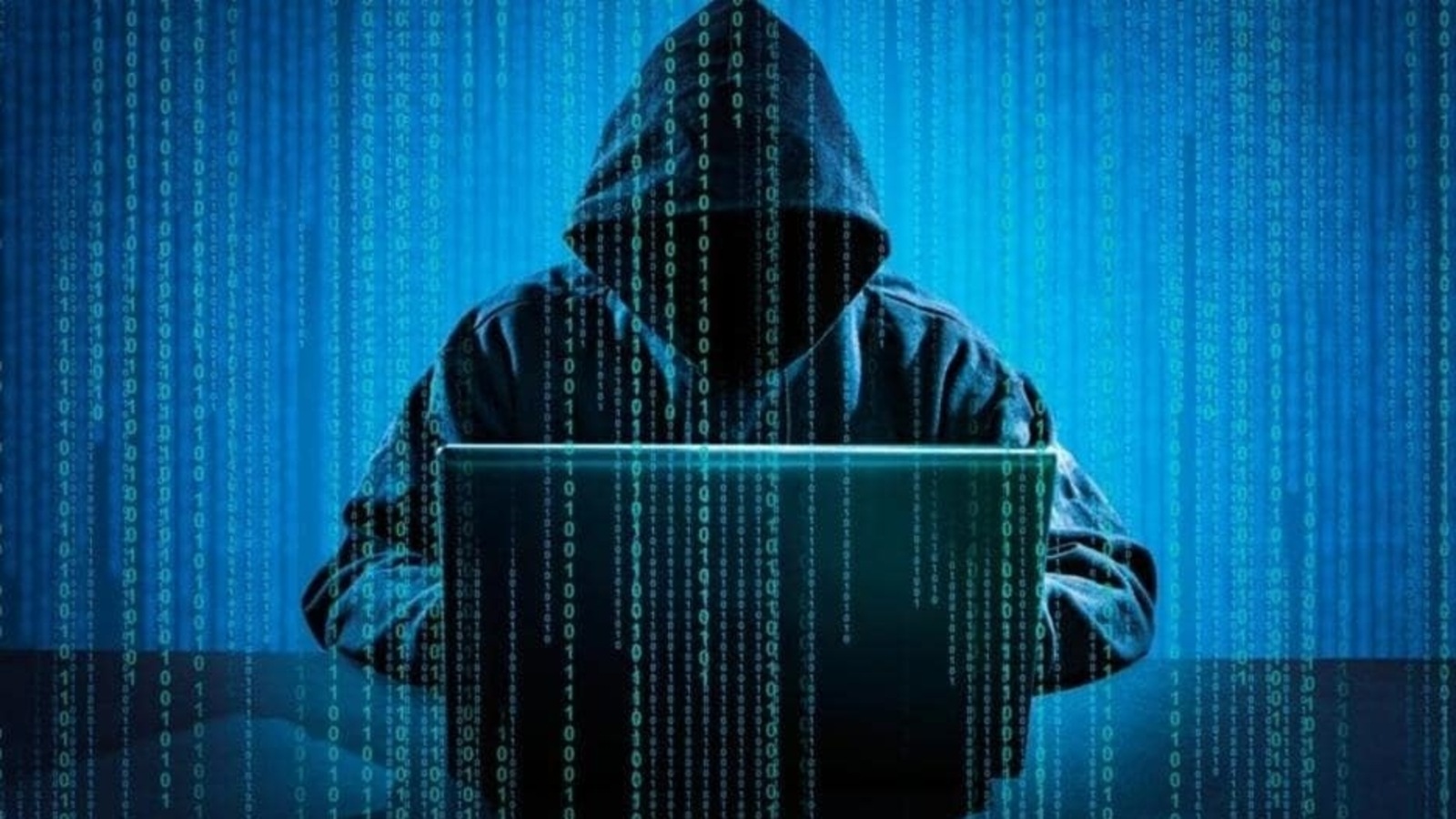Guarding the Skies: ISRO’s Struggle with Cyber Threats and Satellite Security
Chairman Somanath unveils that ISRO has to fight with more than 100 cyber-attacks in one day in order to ensure satellite security.

Guarding the Skies: ISRO’s Struggle with Cyber Threats and Satellite Security
In a significant move to counter the growing threat of cyber-attacks, the Indian Space Research Organisation (ISRO) has announced its proactive measures during the 16th edition of c0c0n, an international cyber conference which was held in Kochi. ISRO Chairman S Somanath, in his keynote address, made the revelation that the organization faces more than 100 cyber-attacks daily, highlighting the vulnerability of the rocket technology industry because of its heavy reliance on cutting-edge software as well as chip-based hardware.
Somanath emphasized the particular cybersecurity difficulties that space systems face. Satellites set up by ISRO are made to last up to 15 years in orbit, unlike typical gadgets that can receive antivirus patches, making upgrades to both software as well as hardware impractical. ISRO is concentrating on creating onboard cyber technology for spacecraft to address this problem.
Onboard Cyber Technology: A Game-Changer
Somanath emphasized the value of onboard cyber technology and disclosed that future satellites will be able to recognize and react to potential attacks. He gave an example, saying, for instance, if a satellite is the target of a ground-based infiltration effort, it is going to produce a warning to let us know and take precautions to block suspicious commands. The dangers we encounter in space can be extremely serious.

ISRO’s Comprehensive Approach
Somanath stressed ISRO’s attention on hardware chip safety evaluations in addition to software security measures. In the COVID-19 pandemic, technology played a crucial role in enabling remote satellite launches as well as considerable improvements in satellite monitoring capabilities, he pointed out.
Praise for Kerala’s Cybersecurity Governance
Kerala’s Revenue Minister P Rajeev praised Kerala as a role model for cybersecurity governance during the time he opened the conference’s closing session. He praised the state’s initiatives, such as the creation of a Digital University as well as programs like K-Fone that give every home access to the internet. Rajeev complimented c0c0n for their role in training the next generation of cyber-security professionals.
Utilizing Technology to Counter Cyber Threats
In the end of his speech, Somanath emphasized the value of study and dedication in the fight against cybercriminals, possibly with the help of artificial intelligence. A single satellite was previously monitored manually. Currently, software is utilized to simultaneously monitor numerous satellites. This exemplifies how this industry is growing. During COVID, he claimed that it was possible to launch from a faraway location, showcasing the triumph of technology. Other satellite subtypes, he claimed, are used for navigation, upkeep, as well as additional functions.
Additionally, there are satellites that assist with daily life for average people. All of these are controlled by different types of software. Strong cyber security is necessary for the safety of all of these, Somanath stated. He asserted that contemporary technology poses both a benefit and a risk. The same technologies can be used to defend against risks posed by cybercriminals who employ techniques which include artificial intelligence. He advised conducting research as well as working hard to accomplish this. Kerala Revenue Minister P Rajeev, who unveiled the conference’s concluding session, claimed that Kerala is a role model for cyber security governance given that the state’s administration can offer sufficient safety for the internet.
The state can provide adequate protection for the internet. The government is additionally offering this sector with the essential support it need by founding the state’s Digital University. Every single dwelling in Kerala has the ability to connect to the internet through K-Fone, the minister continued. Several prominent individuals, such as Hibi Eden MP, Mayor M Anilkumar, actress Mamta Mohandas, Intelligence ADGP Manoj Abraham IPS, as well as ISRA President Manu Zacharia, were present for the c0c0n closing ceremony. With the help of ISRO’s strategic cybersecurity measures and Kerala’s excellent cyber sector administration, the country is ready to take on the challenges posed by the constantly changing landscape of cyber threats.

The Dual Nature of Technology: A Blessing and a Curse
Technology is a two-edged sword in today’s quickly developing world, able to both carry us into a future of incredible potential and drag us into the depths of unforeseeable obstacles. The recent discoveries made by ISRO Chairman S. Somanath at the c0c0n conference in Kochi have once again highlighted the crucial role of technology, illuminating its dual nature as both a benefit that improves our lives as well as a danger that jeopardizes our security.
The way we live, work, as well as interact has unquestionably changed as a result of technology in all of its manifestations. Technology has completely transformed every area of our everyday life, from satellites enabling flawless communication as well as navigation to the advancement of cutting-edge medical treatments. It has facilitated education, connected individuals across continents, fostered global collaboration, as well as fuelled economic progress. Technology has enabled incredible progress, enhancing the quality of life for millions of people worldwide.
However, as technology progresses, so do the threats it entails. As Somanath points out, the satellites that improve our daily life are vulnerable to cyber attacks. These attacks have the potential to disrupt communication networks, compromise important data, as well as even endanger national security. While the rise of artificial intelligence has enormous promise in a variety of disciplines, it also raises worries about privacy, job displacement, as well as the moral and ethical consequences of autonomous decision-making. Cyber-criminals take use of technological flaws to launch sophisticated attacks which threaten individuals, corporations, as well as governments alike.
The Imperative of Cybersecurity
Cyber-security has emerged as our defence against impending threats in this era of connectivity, where every aspect of our lives are bound up with digital interfaces. Satellites, which are managed by various kinds of software, are essential elements of our daily life, as Somanath noted with great accuracy. It is not only morally required, but also technically necessary, to ensure their protection. For the sake of protecting our vital infrastructure, individual data, as well as national interests, robust safeguards for cybersecurity are essential. To keep ahead of cyber risks, businesses and governments need to make investments in research, education, as well as technology.
Striking the Balance: Harnessing Technology Responsibly
The task at hand is to achieve a fine balance between embracing technological advancement as well as limiting its perils. It necessitates responsible innovation, in which developers as well as policymakers work together to build technologies that are not only innovative but are additionally safe and ethical. Education as well as awareness are critical in empowering people to defend themselves online and cultivating a culture that fosters digital resilience.
It is crucial that we recognize technology’s dual nature while trying to navigate the complex environment of the digital age. We can take advantage of its advantages while reducing its hazards by being aware of its potential and pitfalls. The way forward is responsible use, ongoing watchfulness, and a shared dedication to creating a secure digital future. Only then will we be able to fully realize technology’s limitless potential while preserving the fundamental values of our society—trust, security, as well as advancement.




